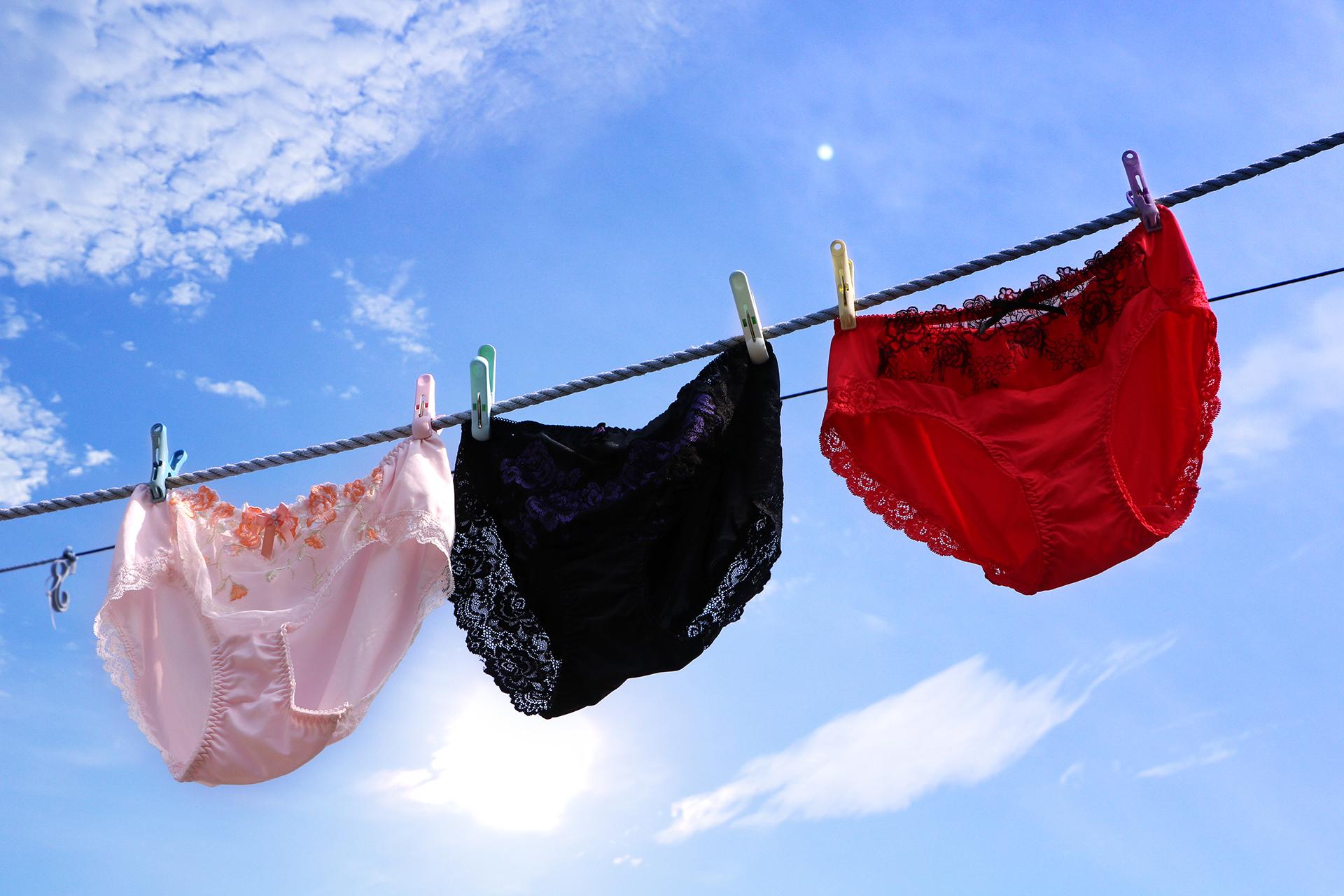Why does my vagina smell?
Our editorial team
11 November 2020
4 min read
Vaginas are supposed to smell
Are you worried that something smells down there? Despite advertisements for floral-scented feminine hygiene products saying otherwise, it’s completely normal for your vagina to have some sort of smell. Each vagina has a unique smell that can change during your period, with exercise, after sex, and when wearing different types of clothing. Vaginal odours are usually not a cause for concern, but some smells can indicate a problem that can be serious if left untreated, like bacterial vaginosis or an STI.
A fishy smell could be bacterial vaginosis
If you notice a fishy smell, it may be bacterial vaginosis. Bacterial vaginosis is the most common cause of vaginal odour from infection. It happens when the bad bacteria overtake the good bacteria as a result of a change in the natural balance of the vagina. In addition to an unpleasant odour, it can also be accompanied by itching, burning, and light bleeding.
“Some smells can indicate a problem that can be serious if left untreated”
So what causes bacterial vaginosis? There is no clear cause, but some factors can disturb the balance of the vagina and increase your chances of developing bacterial vaginosis.
It is more likely to happen if you:
- have recently had sex (although it is not a sexually transmitted infection)
- have recently switched partners or have multiple partners
- do not use condoms
- have an IUD
- are pregnant
- use scented cleansers or douches in and around the vagina
- smoke
- are experiencing a hormonal change, like the menopause or puberty

If you think you may have bacterial vaginosis, it’s important to treat it as soon as possible, as it can reduce your vagina’s natural defences, putting you at a higher risk of contracting STIs, pelvic inflammatory disease, and early labour if you are pregnant. Luckily, treatment is usually short, involving a quick course of antibiotics.
… or a sexually transmitted infection
If the fishy smell is quite pungent, you may have trichomoniasis, a common sexually transmitted infection (STI). Trichomoniasis is caused by a tiny parasite that is easily spread through unprotected vaginal sex.
Gonorrhea and chlamydia are not usually accompanied by a smell, but if left untreated can lead to pelvic inflammatory disease which can cause excessive odorous discharge.
You are more likely to get an STI if you:
- have unprotected sex
- have multiple sexual partners
- douche
- have been drinking or using drugs, as this can make us behave more recklessly
It is important to prevent STIs by using protection and getting regularly tested to ensure that you can get treated quickly as it can prevent further complications.
A yeasty smell may be thrush
An overgrowth of yeast in the vagina can lead to thrush, a type of vaginal yeast infection. This may give you a discharge that is similar to cottage cheese. It can be odourless or have a slight yeasty smell reminiscent of freshly baked bread or a malty beer. Other symptoms include itching, dryness, and pain during sex.
You are more likely to get thrush if you:
- are in your 20s or 30s
- overwash or use perfumed products in and around the vagina
- wear tight-fitting clothes on your bottom half
- have diabetes that is not well managed
- are taking antibiotics
Luckily, thrush is easily treated. There are a variety of treatments available, from oral capsules, to external creams, to insertable pessaries.

Other reasons
There are many harmless reasons for why your vagina may have changed smell. For example, it’s normal to notice a metallic smell during the last days of your period. Your vagina may also smell differently after sexual activity. This can be a result of lubricants or semen mixing with vaginal fluid, and can be prevented by using a condom.
You may also notice a stronger smell after exercising. This can be from trapped sweat, and can be prevented by wearing looser clothing, showering after exercise, and always wearing clean underwear.
“You may also notice a stronger smell after exercising”
More serious causes, like vaginal or cervical cancer, tend to be rare. It is important to attend regular cervical screenings and to contact your GP or visit a sexual health clinic if you’re worried about any symptoms.
How to keep your vagina clean and healthy
Many people use the word ‘vagina’ to describe the entire female genital area, but it really only refers to the internal canal connecting your vulva (the external part) to your uterus. Your vagina cleans itself naturally, so there is no reason to use scented cleansers or douches, which can upset the natural balance. You can clean the vulva, which includes the ‘lips’, external openings and clitoris, by rinsing with warm water and a mild soap.
Make sure to also:
- use a condom every time you have sex to prevent STIs and other infections
- keep the vagina dry by changing quickly out of sweaty exercise clothes or wet swimming costumes
- urinate after having sex to prevent urinary tract infections
- wipe from front to back to avoid spreading bacteria into the vagina
- wear breathable cotton underwear to help wick away moisture
If you are concerned about your vaginal health, get in touch with your GP or visit a sexual health clinic for further advice.
